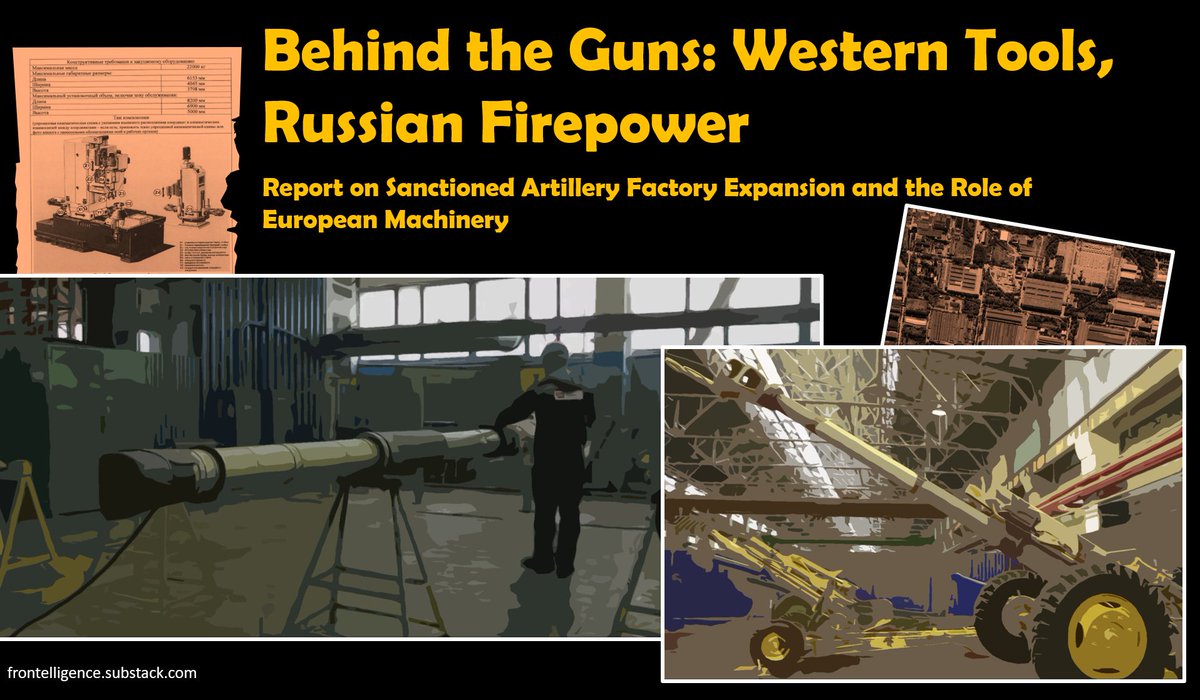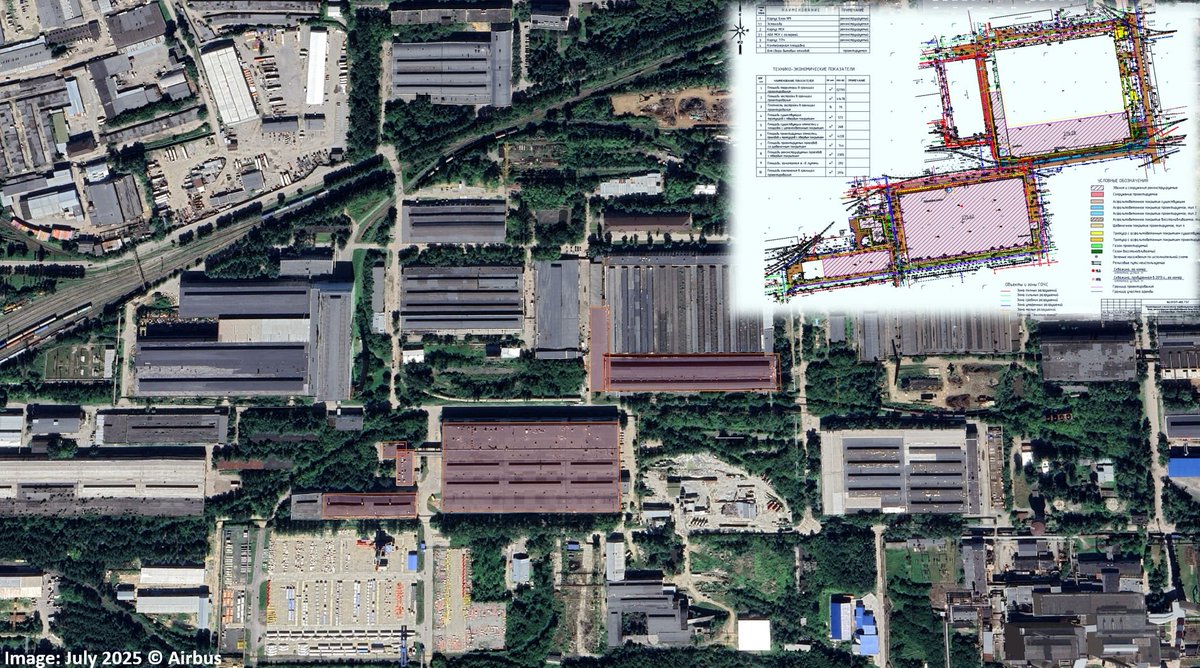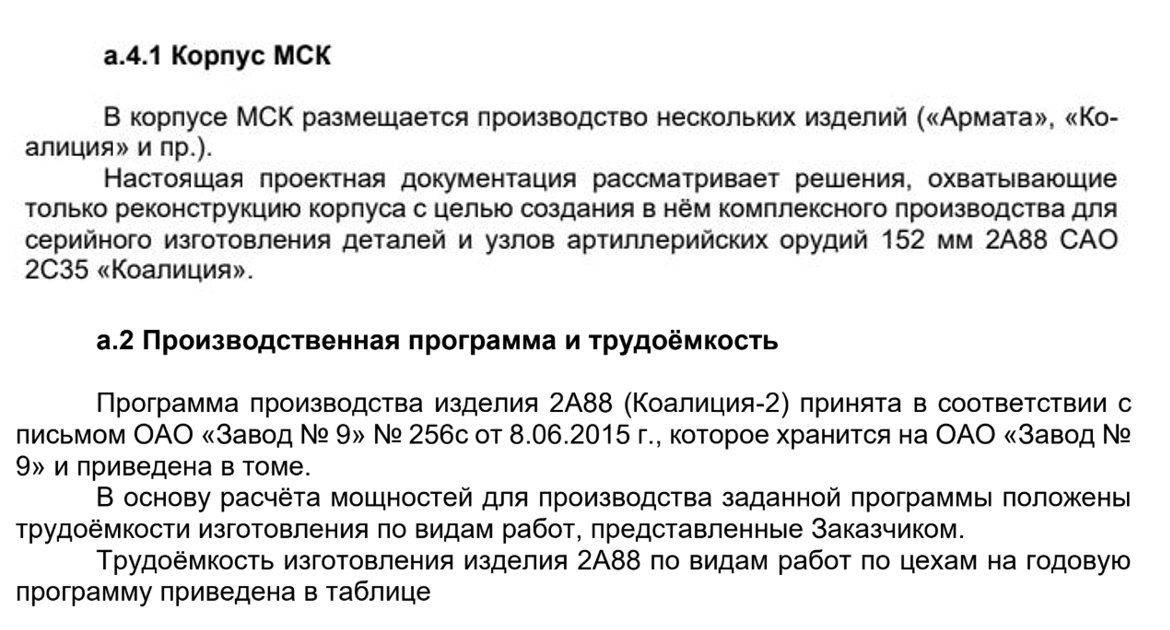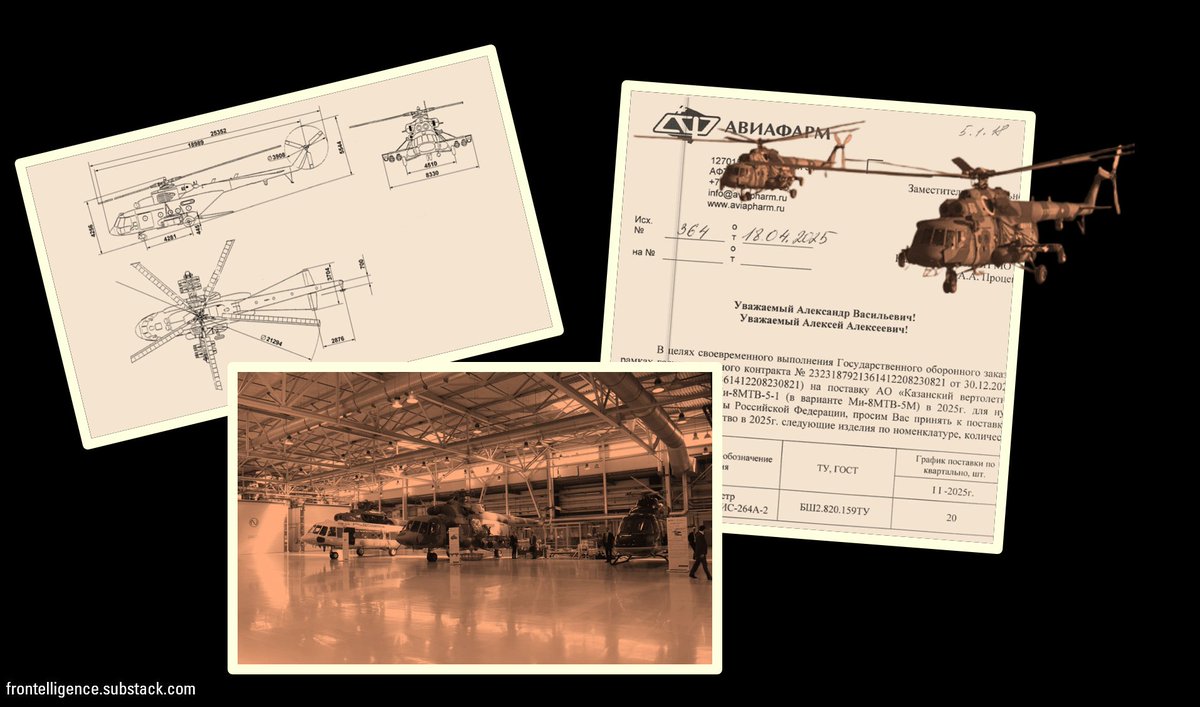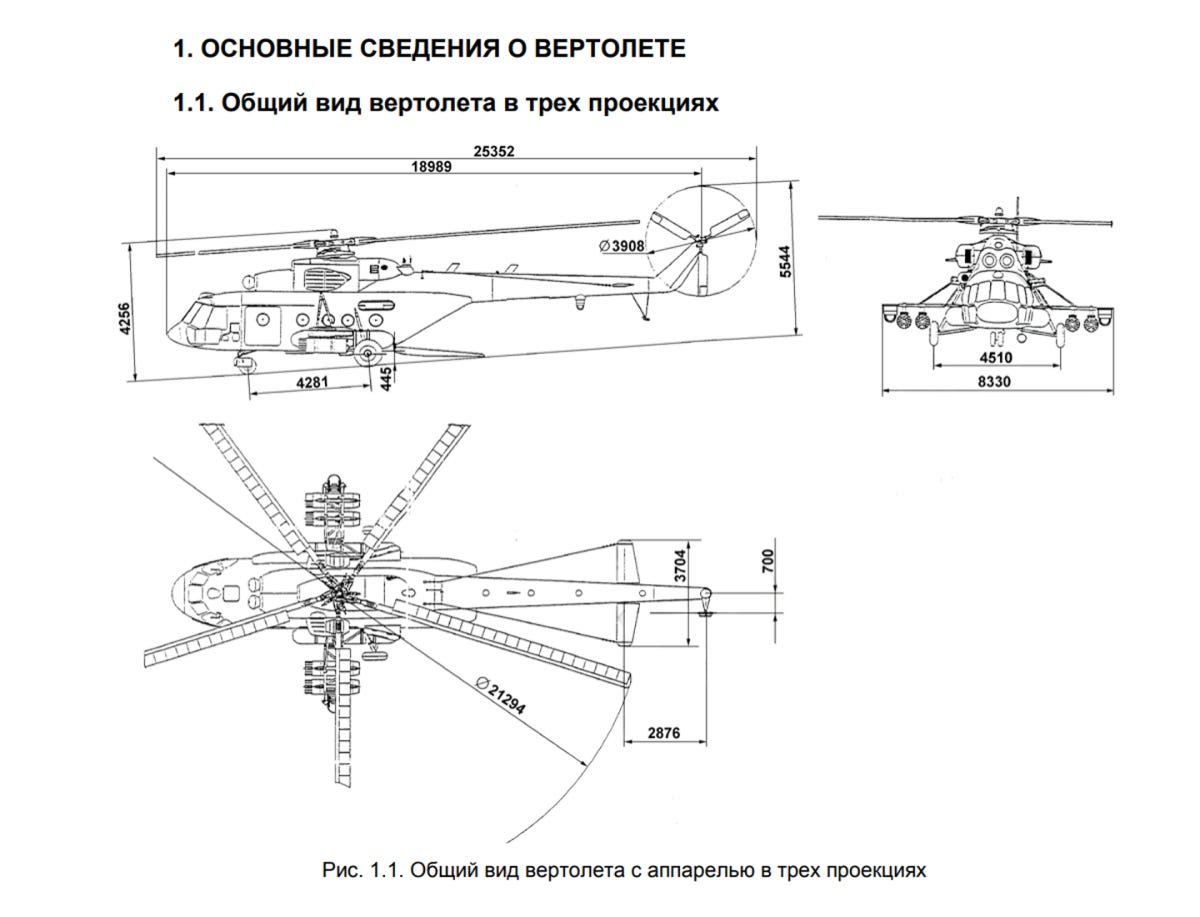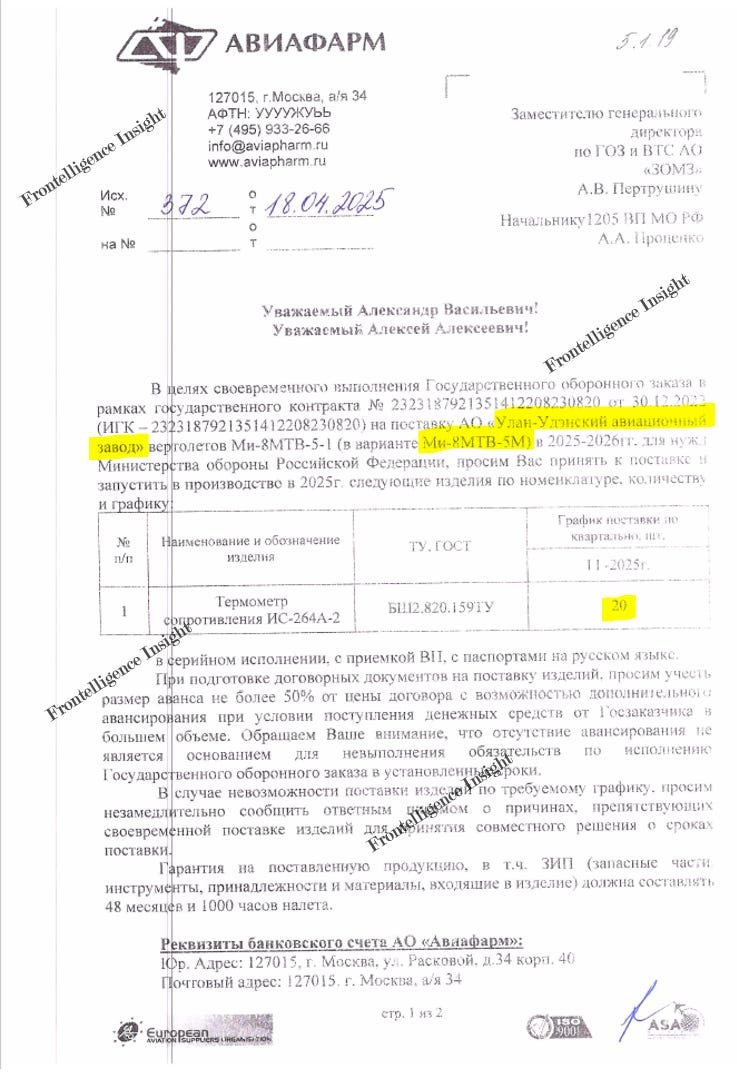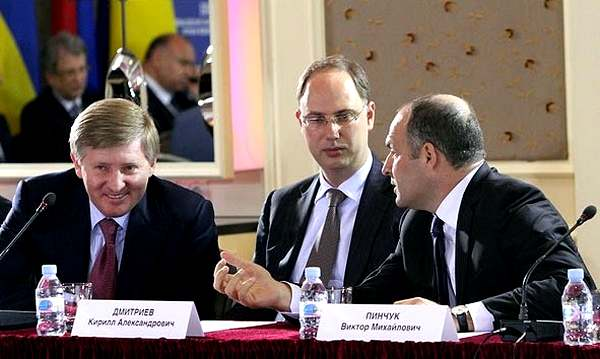With our forces achieving success in Klishchiivka and Andriivka, a new "natural" frontline has emerged along the railroad, effectively separating the opposing sides. In this brief 🧵thread, I'll elaborate on the importance of this phase and provide additional context: 

2/ As evident in the image created by @DefMon3, the current frontline aligns closely with the railroad, flanked by tree lines on both sides, followed by open fields. 

3/ The altitude image shows that controlling Andriivka opens up crucial avenues for further advances in the east, south, and north. However, it remains essential to cross the railroad, which the russians use as an obstacle, and focus their defensive efforts there. 
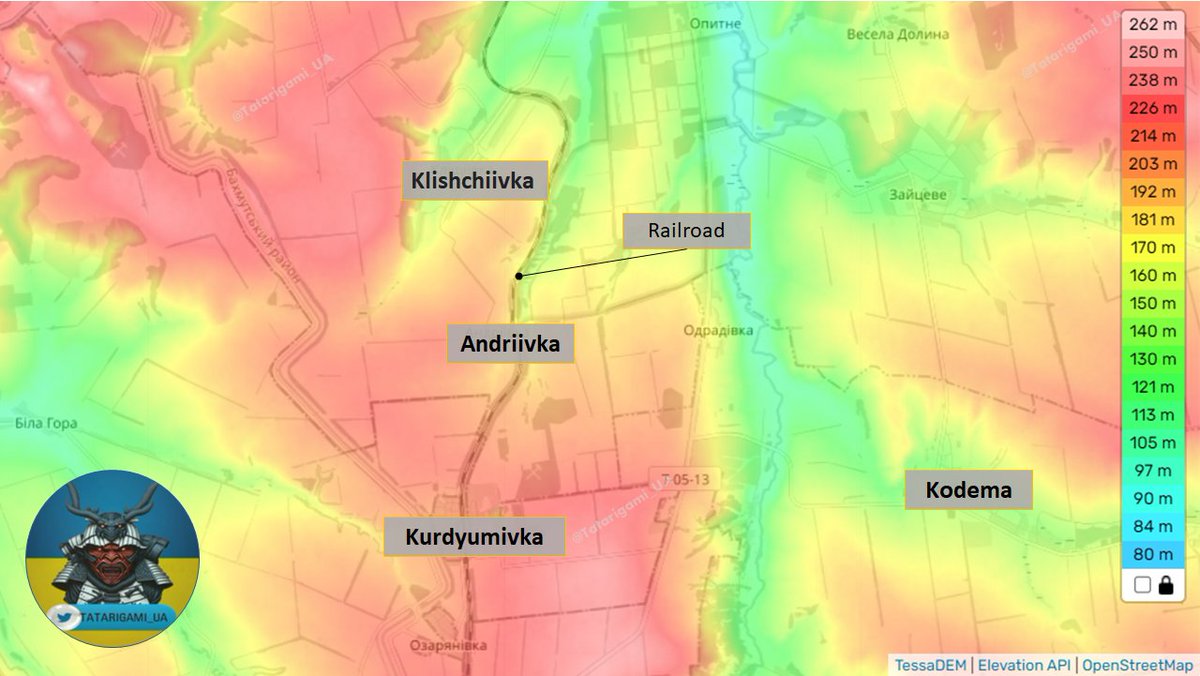
4/ In this satellite image, you can see that lakes and forests can provide cover for russian forces, while open fields present challenges. Hence, crossing the railroad and establishing a "bridgehead" can become an important but challenging task 
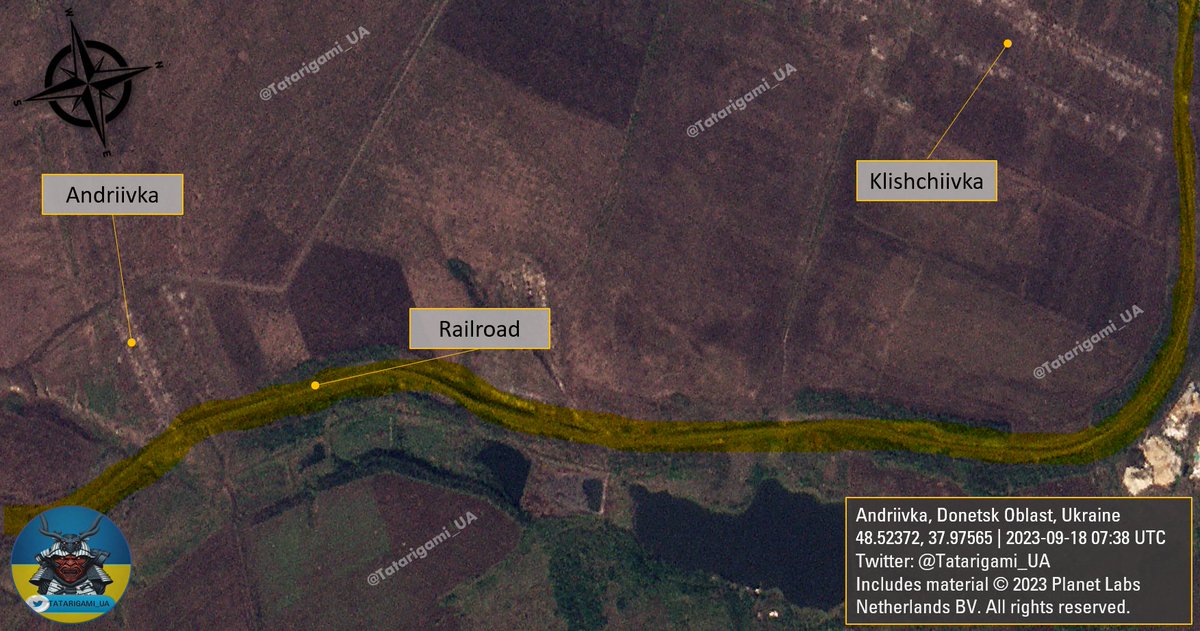
5/ The success of Ukrainian forces in Klischiivka, Andriivka, and the Kurdyumivka area may lead the enemy to prioritize the defense of the railroad line. Russians may counter-attack to seize Andriivka and Klischiivka if their command opts to deploy reinforcements for that. 

6/ If you found this thread valuable, please support it by liking and retweeting the first message of the thread. Your engagement enables me to provide better materials.
This imagery and analysis are made possible thanks to my supporters and Buy Me A Coffee donations
This imagery and analysis are made possible thanks to my supporters and Buy Me A Coffee donations
• • •
Missing some Tweet in this thread? You can try to
force a refresh


